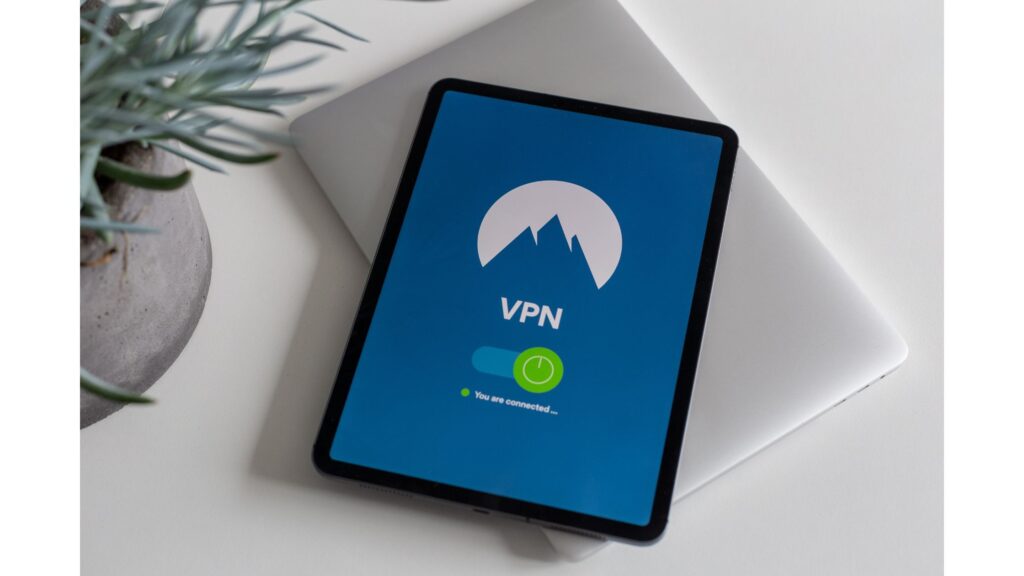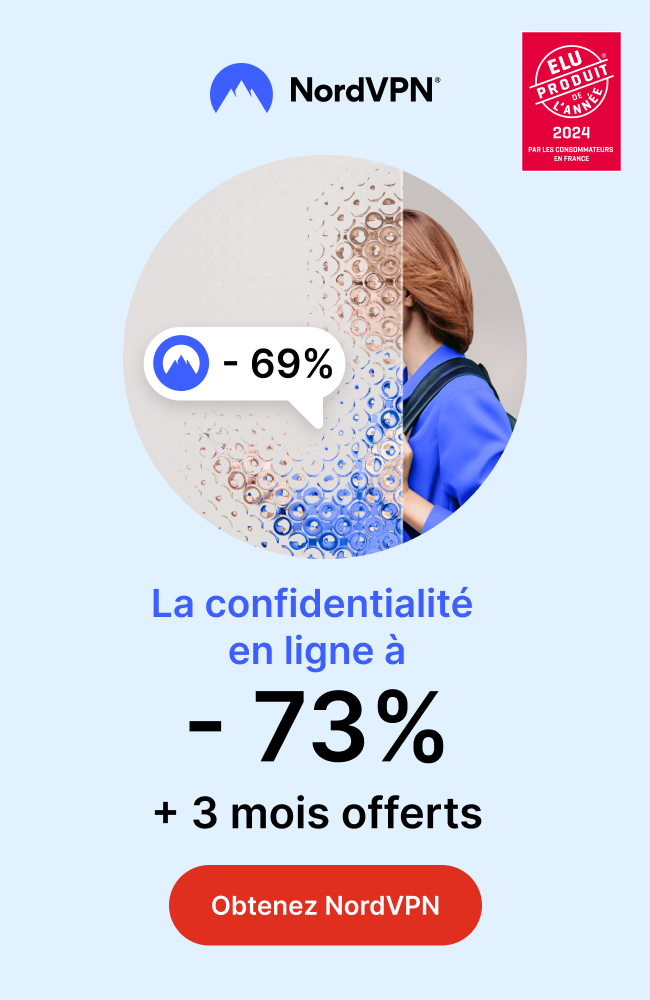
How can I hide my IP address when using IPTV, Are you tired of your internet service provider (ISP) snooping on your online activities, or worse, receiving a copyright infringement notice for streaming IPTV content? If so, you’re not alone. Many IPTV users want to know how to hide their IP address to protect their privacy and avoid any legal issues.
In this article, we’ll explore several methods to hide your IP address when using IPTV, along with their advantages and disadvantages.
Introduction
Before we dive into the details, let’s first define what IPTV is. IPTV stands for Internet Protocol Television, which is a digital television broadcasting protocol that delivers TV programs and movies over the internet instead of traditional cable or satellite TV. IPTV services offer an affordable and convenient way to watch live TV channels, movies, and TV shows from anywhere in the world.
However, using IPTV comes with its own set of risks and challenges, especially when it comes to privacy and security. Your ISP and other third parties can monitor your online activities and potentially trace them back to your IP address. Therefore, it’s important to take steps to protect your privacy and hide your IP address when using IPTV.
Why do you need to hide your IP address when using IPTV?
When you stream IPTV content, your IP address is exposed to the IPTV provider and other third parties, such as copyright holders, advertisers, and cybercriminals. Here are some of the reasons why you may want to hide your IP address when using IPTV:
- Privacy: By hiding your IP address, you can protect your privacy and prevent your ISP and other third parties from tracking your online activities.
- Security: Hiding your IP address can also help protect you from cyber attacks and malicious activities, such as hacking, phishing, and malware.
- Geographic restrictions: Some IPTV content may be restricted based on your location. By hiding your IP address, you can bypass these restrictions and access content that is otherwise unavailable in your region.
- Legal issues: Streaming copyrighted content through IPTV is illegal in some countries. By hiding your IP address, you can avoid any legal issues and protect yourself from copyright infringement notices.
Now that you know why it’s important to hide your IP address when using IPTV, let’s look at some of the methods to achieve this.
Methods to hide your IP address when using IPTV
There are several methods to hide your IP address when using IPTV, including using a VPN, a proxy server, or a Smart DNS. Let’s explore each of these methods in more detail.
1. Use a VPN (Virtual Private Network)
A VPN is a popular and effective way to hide your IP address and encrypt your internet traffic. A VPN works by routing your internet connection through a secure and encrypted tunnel to a remote server operated by the VPN provider. This way, your online activities and IP address are hidden from your ISP and other third parties.
To use a VPN with IPTV, follow these steps:
- Choose a reputable VPN provider that offers fast speeds, strong encryption, and a large server network.
- Download and install the VPN app on your device.
- Connect to a VPN server in a location where the IPTV content is available.
- Launch your IPTV app and enjoy streaming without any restrictions or privacy concerns.
Advantages of using a VPN for IPTV
- Privacy: A VPN encrypts your internet traffic and hides your IP address, making it virtually impossible for anyone to track your online activities.
- Security: A VPN adds an extra layer of security to your internet connection, protecting you from cyber attacks and malicious activities.
- Bypass restrictions: A VPN allows you to bypass geographic restrictions and
- Access to more content: With a VPN, you can access content that is otherwise unavailable in your region, including IPTV channels and streaming services.
- Fast speeds: Many VPN providers offer fast speeds and unlimited bandwidth, ensuring a smooth and uninterrupted IPTV streaming experience.
Disadvantages of using a VPN for IPTV
- Cost: VPNs are not free, and you may need to pay a subscription fee to use a reliable and high-quality VPN service.
- Reduced speeds: Using a VPN may slow down your internet speeds, especially if you connect to a server that is far away from your location.
- Compatibility issues: Some IPTV services may block VPN connections or limit access to VPN users, so you may need to do some research to find a VPN that works with your preferred IPTV app.
- Legal issues: While using a VPN is legal in most countries, some IPTV providers may prohibit or discourage the use of VPNs to access their content.
2. Use a Proxy Server
A proxy server is another way to hide your IP address and access IPTV content from anywhere in the world. A proxy server acts as an intermediary between your device and the internet, forwarding your internet traffic through a different IP address.
To use a proxy server for IPTV, follow these steps:
- Find a reliable proxy server provider that offers fast speeds and secure connections.
- Configure your IPTV app to use the proxy server’s IP address and port number.
- Launch your IPTV app and enjoy streaming without any restrictions or privacy concerns.
Advantages of using a proxy server for IPTV
- Privacy: A proxy server can hide your IP address and online activities from your ISP and other third parties.
- Fast speeds: A high-quality proxy server can offer fast speeds and reliable connections for IPTV streaming.
- No software installation required: You can configure your IPTV app to use a proxy server without installing any additional software on your device.
Disadvantages of using a proxy server for IPTV
- Security concerns: A proxy server may not offer the same level of security and encryption as a VPN, leaving your online activities vulnerable to cyber attacks and malicious activities.
- Limited server options: Proxy servers may have limited server options, which could affect your streaming speeds and access to content.
- Compatibility issues: Some IPTV services may not work with proxy servers, or may block proxy server connections altogether.
3. Use a Smart DNS
A Smart DNS is a specialized service that can help you bypass geographic restrictions and access IPTV content from anywhere in the world. A Smart DNS works by changing your device’s DNS settings to redirect your internet traffic through a different IP address.
To use a Smart DNS for IPTV, follow these steps:
- Choose a reputable Smart DNS provider that offers fast speeds and reliable connections.
- Configure your device’s DNS settings to use the Smart DNS provider’s DNS servers.
- Launch your IPTV app and enjoy streaming without any restrictions or privacy concerns.
Advantages of using a Smart DNS for IPTV
- Fast speeds: A Smart DNS can offer fast speeds and reliable connections for IPTV streaming.
- No software installation required: You can configure your device’s DNS settings to use a Smart DNS without installing any additional software on your device.
- No encryption: A Smart DNS does not encrypt your internet traffic, which means you can enjoy fast streaming speeds without any performance impact.
Disadvantages of using a Smart DNS for IPTV
- Fast speeds: A Smart DNS can offer fast speeds and reliable connections for IPTV streaming.
- No software installation required: You can configure your device’s DNS settings to use a Smart DNS without installing any additional software on your device.
- No encryption: A Smart DNS does not encrypt your internet traffic, which means you can enjoy fast streaming speeds without any performance impact.
Disadvantages of using a Smart DNS for IPTV
- Limited security: A Smart DNS does not offer any encryption or security features, which could leave your online activities vulnerable to cyber attacks and malicious activities.
- **Limitedserver options:** Smart DNS providers may have limited server options, which could affect your streaming speeds and access to content.
- Not suitable for privacy: A Smart DNS does not hide your IP address or online activities from your ISP or other third parties, which means it’s not suitable for privacy-conscious users.
IPTVTREND provide more than 15,000+ channels, 60,000+ movies and TV series without freezes in 4K/FHD/HD/SD quality ,Support 7/24H / 365, Support all devices 1 connection,2 connections
FAQs
Q1. Is it legal to use a VPN for IPTV?
A1. Using a VPN for IPTV is legal in most countries, but some IPTV providers may prohibit or discourage the use of VPNs to access their content. It’s important to check the terms and conditions of your preferred IPTV app before using a VPN to access their content.
Q2. Will using a VPN slow down my internet speeds?
A2. Using a VPN may slow down your internet speeds, especially if you connect to a server that is far away from your location. However, many VPN providers offer fast speeds and unlimited bandwidth, ensuring a smooth and uninterrupted IPTV streaming experience.
Q3. Do all IPTV services work with VPNs?
A3. No, some IPTV services may block VPN connections or limit access to VPN users. It’s important to do some research to find a VPN that works with your preferred IPTV app.
Q4. What is the difference between a VPN and a proxy server?
A4. A VPN encrypts your internet traffic and routes it through a secure server, while a proxy server acts as an intermediary between your device and the internet, forwarding your internet traffic through a different IP address. VPNs offer more security and privacy features than proxy servers, but they may be more expensive

 +23,000+ Channels
+23,000+ Channels